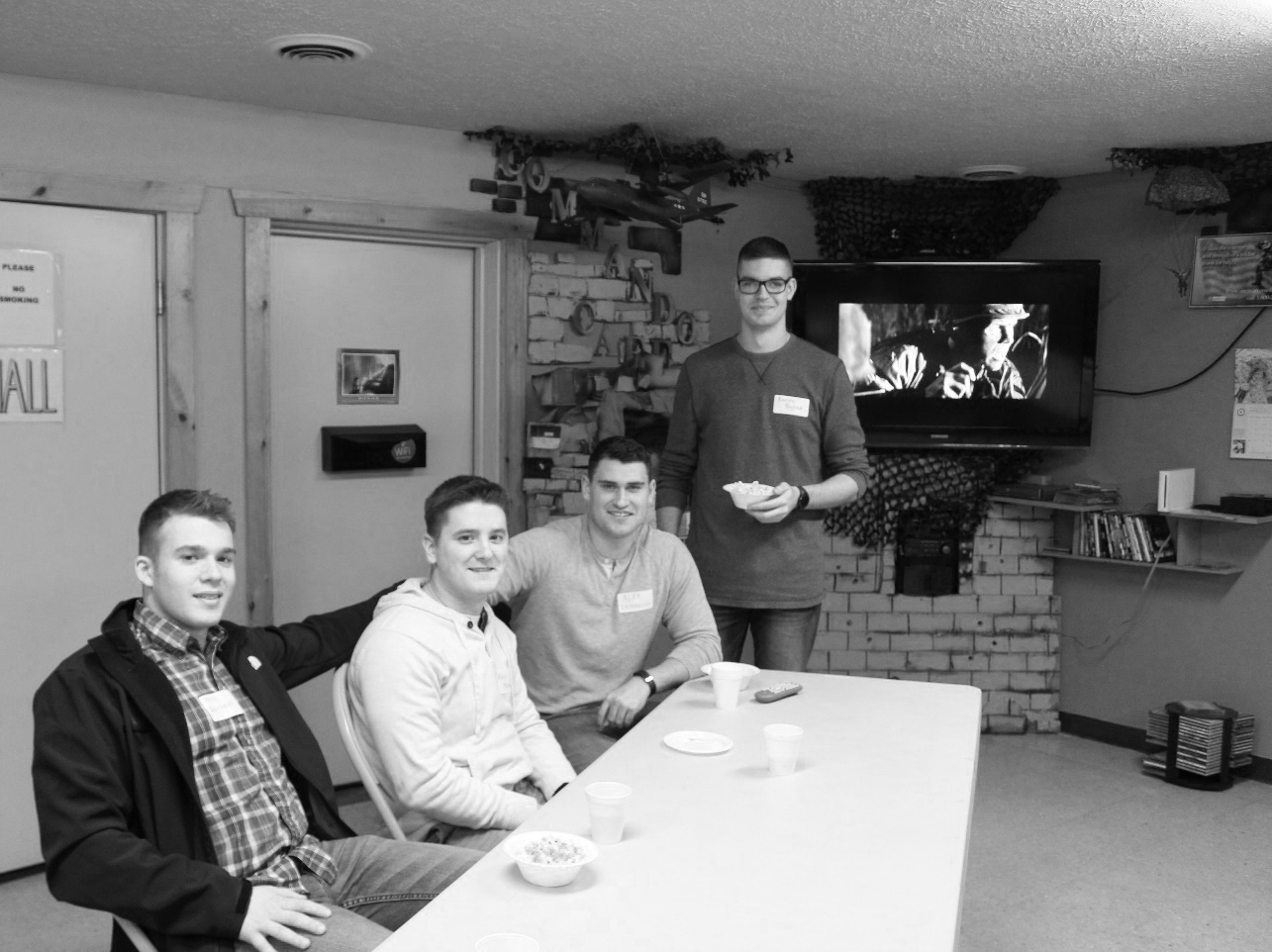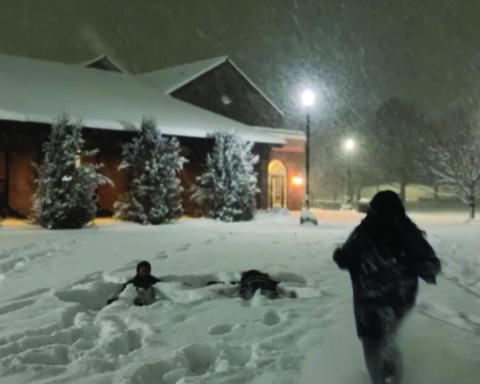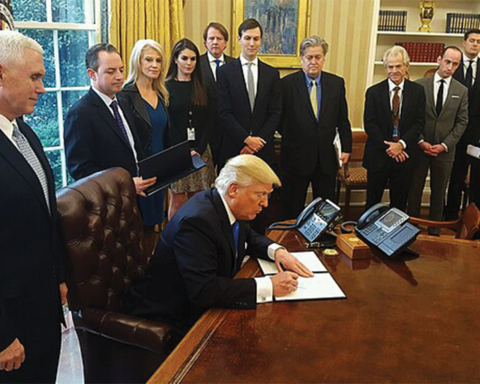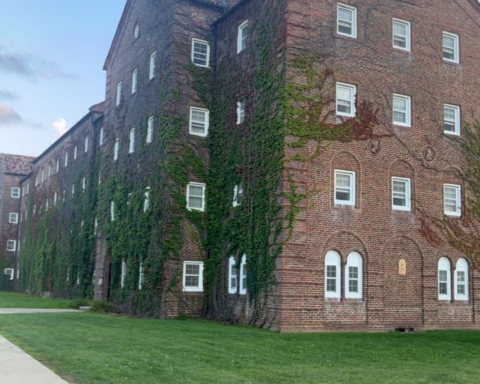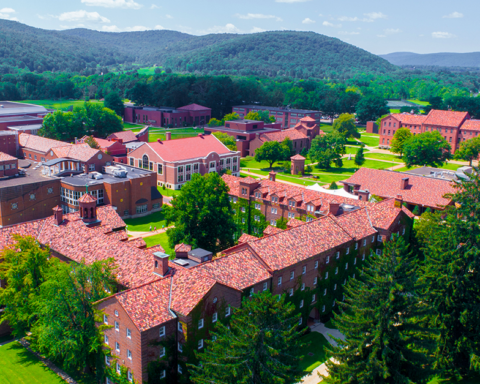By Julia Mericle
Assistant News Editor
“Awareness and Inclusion of Military Students,” a panel discussion open to students and community members, will be held on Nov. 12 from 4:30 to 6:30 p.m. in Murphy Auditorium.
The goal of the discussion is to aid student veterans with a smooth transition into college by providing them with the proper resources and services, as well as the creation of an inclusive environment between student veterans and non-veterans, said Barbara Trolley, Counselor Education Program professor.
Trolley said registration and admission are a challenge for most students, and student veterans have to manage complex benefits in addition.
“What we are trying to do is get more and more integration.” Trolley said, “My dream is to have a full-time veteran’s coordinator here.”
According to Trolley, this integration began at orientation when new students were invited to a dinner if they were a veteran, spouse of a veteran or child of a veteran. They are able to meet with faculty, staff and administration that are also veterans, including Rick Trietley, vice president of student affairs.
Trolley said that long-term goals include establishing St. Bonaventure University as a military-friendly school.
“Veterans are coming back, often times they are older, and their jobs have been very different from someone who is coming in as a freshman that has worked at a local restaurant or BJs,” Trolley said, “Being in active combat especially is quite a transition.”
According to Trolley, potential plans for the future also include a mentoring program, where incoming student veterans would be paired with a senior classman or a faculty member.
“I’ve been working a lot with the Western New York Veteran College Coordinator Consortium and trying to do continuing education programs, like the one next week.” Trolley said, “We are trying to offer from both sides of the community: veterans and non-veterans, so we can come together as a community.”
According to Trolley, St. Bonaventure is also using the panel as a way to work on recruitment of student veterans. She said the number of student veterans is comparable to the size of the university, but has room to improve.
The attendance of non-veterans at the panel discussion allows for increased sensitivity, awareness and inclusion into the university community for student veterans.
“Certainly those students who are veterans and have served, especially those who were in active combat, have really rich backgrounds to bring to the community.” Trolley said, “I think that non-veteran students can learn a lot from them in terms of countries they have been to, different political systems and social systems.”
Trolley said she is highly concerned about the rising suicide rate for U.S. veterans, which she explained that one statistic describes as 22 U.S. veterans a day that are committing suicide.
“Being a school, we are the first linkage if there are mental health issues, not just for veterans, but for all students,” Trolley said.
Trolley said the university would be hosting the event to promote a veteran-friendly campus for veterans, spouses of veterans or children of veterans.
While on campus, they will have the opportunity to sit in on a class (with permission from the professor), meet with admissions and financial aid, visit current student veterans in the Student Veteran Lounge and attend the College Veteran Coordinator Workshop.



